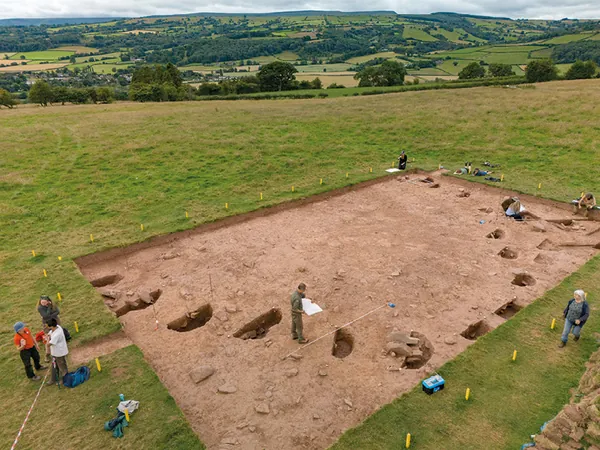
New Study Links Circadian Disruption to Colorectal Cancer Risks Via Gut Microbiome Changes
2024-09-27
New Study Links Circadian Disruption to Colorectal Cancer Risks Via Gut Microbiome Changes
Irvine, Calif., Sept. 27, 2024 — Groundbreaking research from the University of California, Irvine has uncovered a startling connection between circadian rhythm disruptions and the progression of colorectal cancer, primarily through alterations in the gut microbiome and the intestinal barrier function. This crucial discovery not only enhances our understanding of colorectal cancer but also provides potential strategies for prevention and treatment.
Published today in the journal Science Advances, the study emphasizes how significant changes in the gut microbiome's function and composition occur when the body’s internal biological clock is disturbed, particularly in the context of colorectal cancer.
“In recent years, we've seen a shocking increase in early-onset colorectal cancer among adults under 50,” remarked Selma Masri, the study's lead author and an associate professor of biological chemistry. "Factors such as prolonged exposure to light, late-night eating, and other lifestyle choices could significantly exacerbate these phenomena. Our findings indicate that misalignment of circadian rhythms is likely contributing to poorer gut health and thus higher cancer risks.”
Previous studies have hinted at the idea that circadian rhythm interference might influence colorectal cancer progression, but the exact relationship between the biological clock, cancer, and gut microbiome was previously unclear. Researchers employed mouse models of colorectal cancer for their experiments and discovered that disruptions to the circadian clock led to reduced diversity and abundance of gut bacteria, worsening as cancer developed.
The research team observed critical changes in microbial pathways that are paramount for metabolizing nucleic acids, amino acids, and carbohydrates. These metabolic changes resulted in decreased levels of intestinal mucus, which is essential for safeguarding the gut lining from harmful bacteria. This compromised barrier increases intestinal permeability, allowing toxins and bacteria to access the bloodstream, thereby potentially accelerating cancer's advancement.
Masri further clarified, "While we have made significant strides with these findings, we need to delve deeper. Specifically, we aim to investigate whether alterations in the timing and presence of specific gut bacteria could play a direct role in the long-term development of colorectal cancer. Longitudinal studies are essential to ascertain if circadian misalignment is a driving factor behind this condition and how we can prevent it effectively. A more profound understanding of the body's clock’s influence on gut health could lead to innovative treatments targeting not just cancer but also enhancing overall gut function."
The study was spearheaded by Rachel Fellows, a postdoctoral researcher within the biological chemistry department, alongside a talented team that included assistant professors and other research fellows.
As the incidence of colorectal cancer continues to rise, particularly among younger populations, this research highlights the urgent need to explore lifestyle changes and their impact on circadian rhythms and gut health. This provides a hopeful avenue for future treatment and prevention strategies that could save lives and improve health outcomes.
Stay tuned for more updates on this critical research that could reshape our approach to combating colorectal cancer and enhancing gut microbiome health!




 Brasil (PT)
Brasil (PT)
 Canada (EN)
Canada (EN)
 Chile (ES)
Chile (ES)
 España (ES)
España (ES)
 France (FR)
France (FR)
 Hong Kong (EN)
Hong Kong (EN)
 Italia (IT)
Italia (IT)
 日本 (JA)
日本 (JA)
 Magyarország (HU)
Magyarország (HU)
 Norge (NO)
Norge (NO)
 Polska (PL)
Polska (PL)
 Schweiz (DE)
Schweiz (DE)
 Singapore (EN)
Singapore (EN)
 Sverige (SV)
Sverige (SV)
 Suomi (FI)
Suomi (FI)
 Türkiye (TR)
Türkiye (TR)